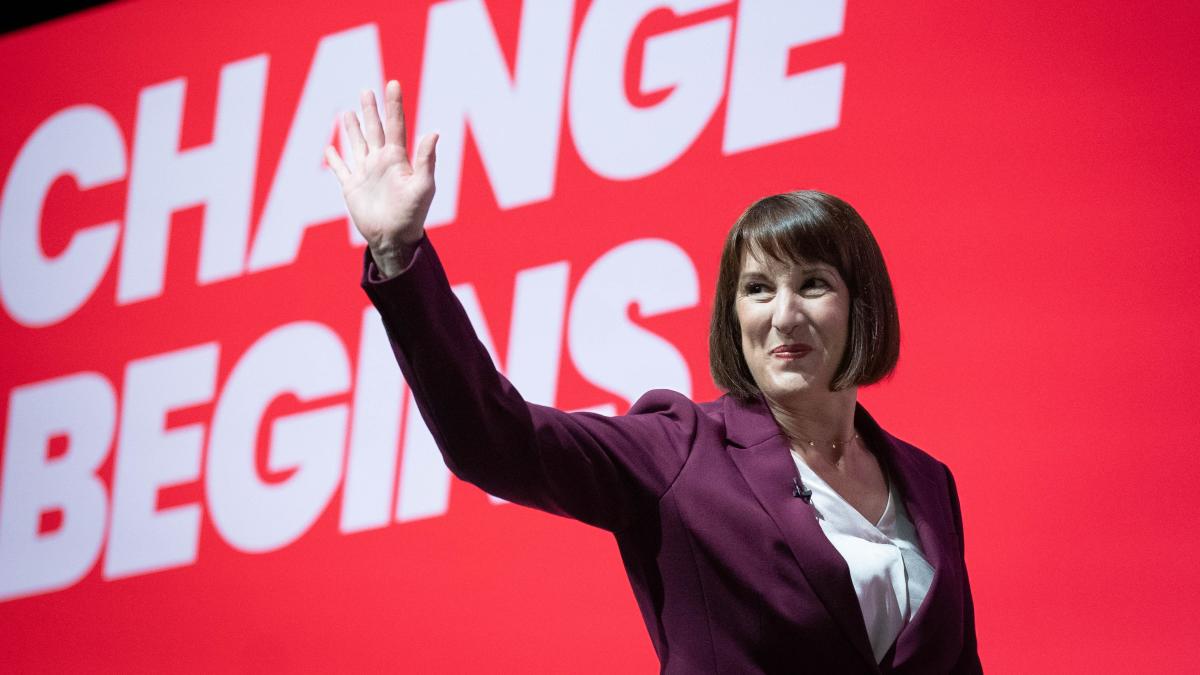Sports
Number 10 dismisses concerns fiscal rule change could trigger Truss-style chaos

Downing Street has dismissed concerns that a potential change to the borrowing rules in the Budget could trigger a Liz Truss-style meltdown.
Number 10 insisted the Government would “absolutely deliver” on its pledge to restore economic stability amid speculation Rachel Reeves is preparing to overhaul the fiscal regime to unlock billions in additional spending.
It comes as investors warn that the Chancellor must “walk a tightrope” in the statement expected at the end of the month, to avoid upsetting the markets and prompting a gilt sell-off.
Asked whether the fiscal rules set out in the Labour manifesto would stay in place after the Budget amid suggestions a change could spark Truss-style chaos, the Prime Minister’s official spokesman said: “Obviously, I wouldn’t accept that characterisation.
“The Government has made clear that one of the first steps of this Government is to restore economic stability in the Budget. It will absolutely deliver on that, delivering on the robust fiscal rules that were set out in the manifesto.
“That includes moving the current Budget into balance, it includes debt falling as a share of the economy, and more broadly, as I say, the Budget will be about fixing the foundations of the economy, delivering stability, because it is only with economic stability that we will get the growth and investment that the economy needs.”
Labour has vowed to guard against a repeat of the chaos that followed Ms Truss’s mini-budget in 2022, which sparked gilt market freefall and a run on sterling.

In its manifesto, the party committed to balancing day-to-day costs with revenues and getting debt falling as a share of the economy by the fifth year of forecasts.
On the face of it, these are similar to existing rules, but Ms Reeves is believed to have been considering whether to use a different debt measure to the one she inherited from the previous Tory government.
In a new report, the centre-left Institute for Public Policy Research (IPPR) think tank has suggested targeting “public sector net worth” as a debt metric to free up up to £57 billion additional headroom.
This would take into account the value of assets on the public books as well as debts and other liabilities.
The call is endorsed by Lord Jim O’Neill, former Conservative Treasury minister who was previously chair of Goldman Sachs Asset Management.
But analysts have warned that the Chancellor must strike the right balance with borrowing and investment as interests rates on UK Government bonds have been on the rise.
Britain’s 10-year gilt yield has risen from about 3.75% in mid-September to about 4.2% on Tuesday.
Mark Dowding, chief investment officer at RBC BlueBay Asset Management, told the Financial Times: “Financial markets won’t afford much room for additional borrowing.
“Rachel Reeves needs to walk a tightrope, otherwise the gilt market will limit her ability to deliver much of Labour’s agenda.”
Mr Dowding added that the memory of Ms Truss’s unfunded borrowing plans were still “etched into the psyche” of gilt investors.






